Supplementing regulations on buying and selling human bodies
Discussing in groups, the National Assembly deputies agreed on the need to promulgate the Law on Cyber Security to meet the urgent requirements of the practical situation of protecting, preventing and stopping cyber attacks, protecting national and ethnic interests, protecting the rights and legitimate interests of individuals and organizations. Especially, in the context of widespread digital transformation in most fields, the risk of exploiting the cyber environment to carry out acts of sabotage against the Party and the State, infringing upon the rights and legitimate interests of agencies, organizations and individuals is becoming more complicated.
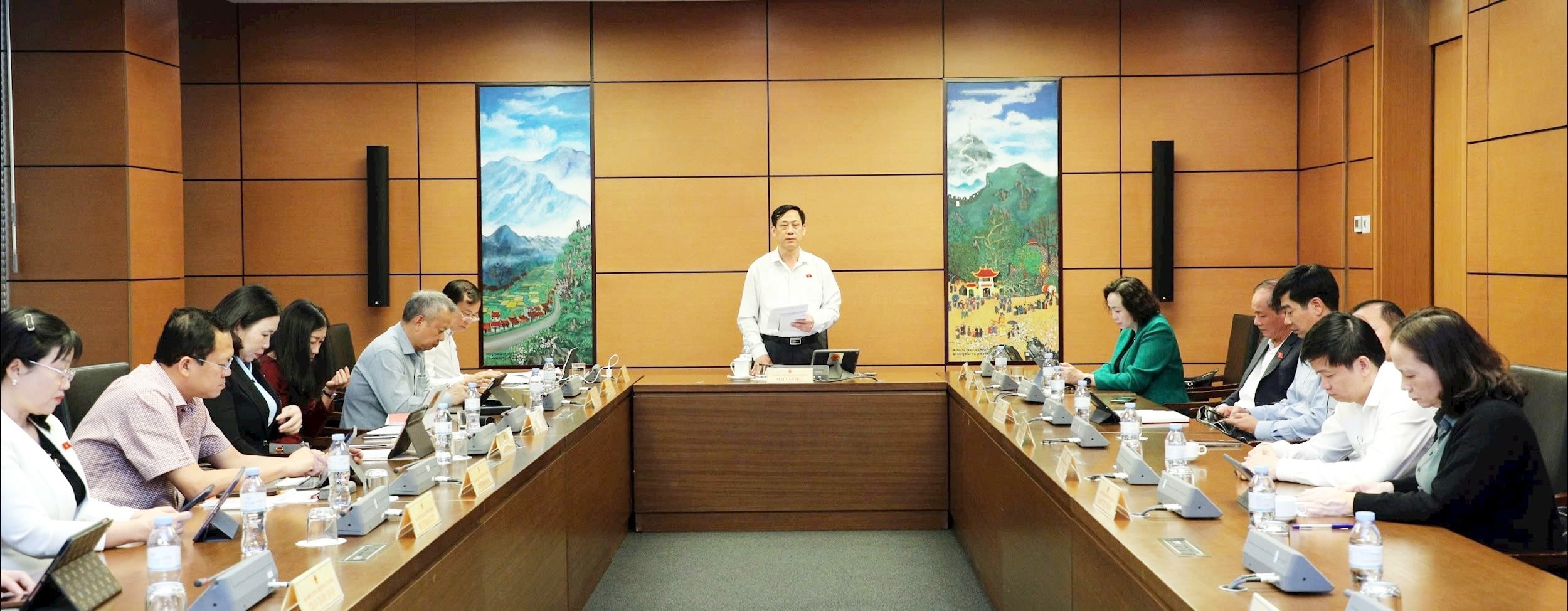
Overview of the discussion at Group 3. Photo: Khanh Duy
In addition, delegates also said that the promulgation of the Law aims to enhance the responsibility of agencies, organizations and individuals; ensure legal value for unified implementation; ensure compatibility with international treaties on human rights, and in accordance with international practices.
However, the National Assembly deputies requested the Drafting Committee to review the prohibited acts in Article 9 of the draft Law to fully supplement them, avoiding omissions that could lead to serious social consequences such as spreading fake and untrue information, causing public confusion, affecting political and social stability and personal rights.
National Assembly Deputy Tran Quoc Quan ( Tay Ninh ) proposed that the Drafting Committee study and supplement regulations on the act of buying and selling human body parts. Specifically, add the phrase “human body parts” after the phrase “human trafficking” at Point g, Clause 2, Article 9.
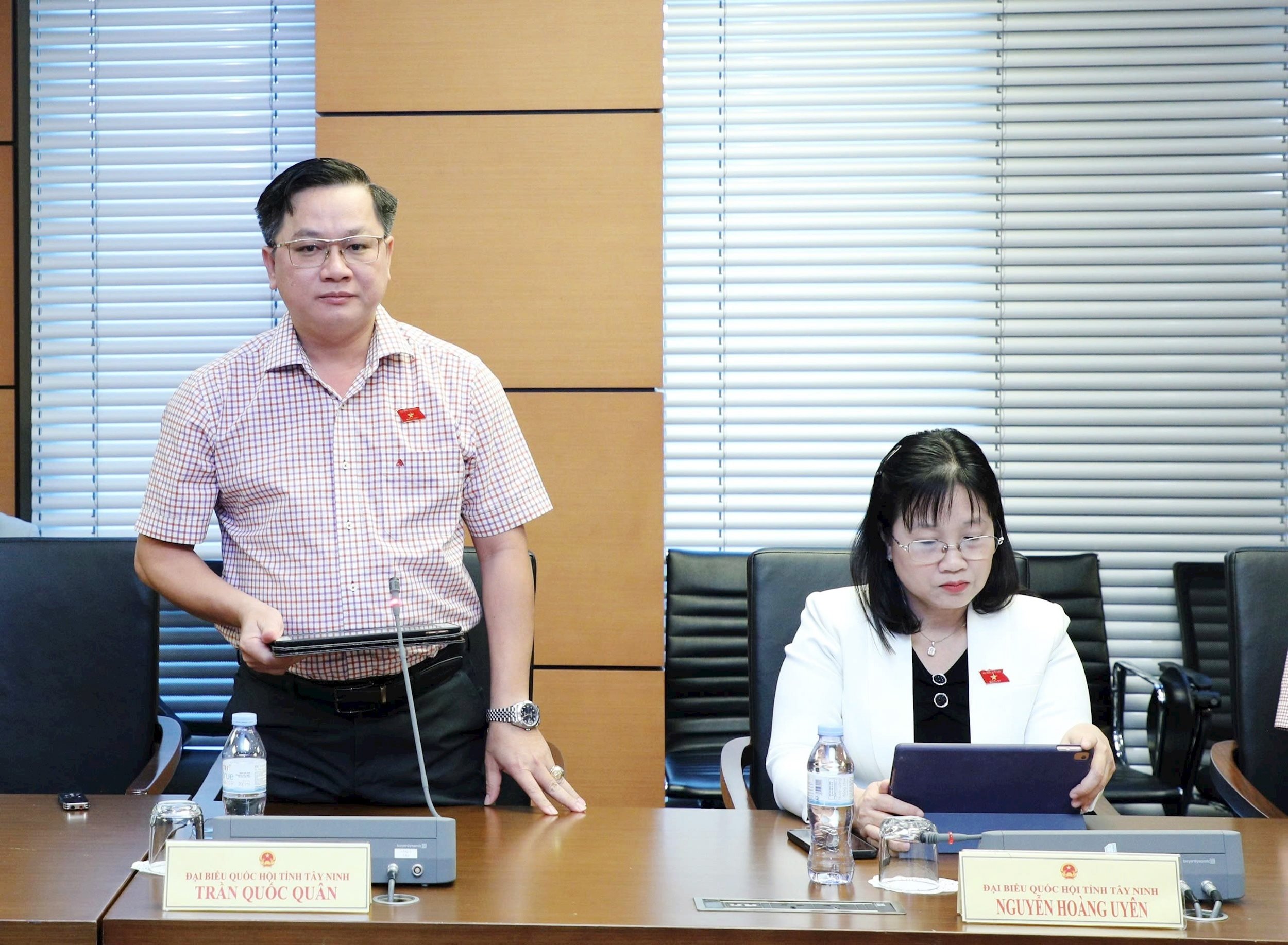
National Assembly Deputy Tran Quoc Quan (Tay Ninh) speaks. Photo: Khanh Duy
Explaining this proposal, delegate Quan said that currently, the crime of using high technology to broker human trafficking, especially kidney and cornea trafficking through online tools or closed groups, is happening a lot. In the first months of 2025, the investigation agencies have prosecuted and arrested many subjects buying and selling human body parts. Therefore, the addition of regulations prohibiting the buying and selling of human body parts is to fully cover the contents as well as criminal acts of criminals in this field.
Agreeing with the above viewpoint, National Assembly Deputy Mai Van Hai ( Thanh Hoa ) also proposed to add regulations on the act of "taking advantage of cyberspace to defraud and kidnap hostages" in Article 9 on prohibited acts. Because, in reality, there are many cases of kidnapping hostages using cyberspace that cause great damage to people and property, especially to the young generation.
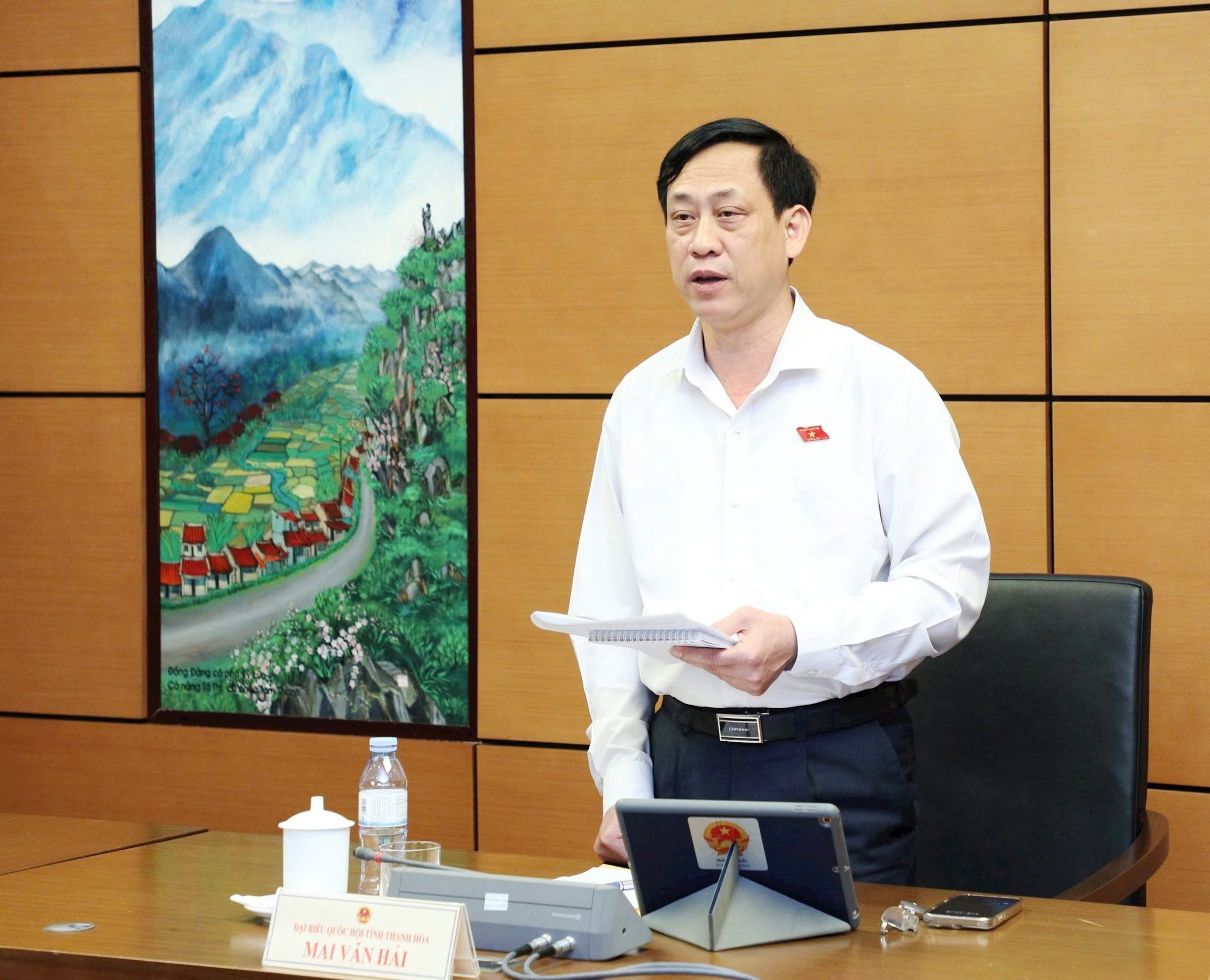
National Assembly Deputy Mai Van Hai (Thanh Hoa) speaks. Photo: Khanh Duy
Regarding Article 9, some delegates also said that it is necessary to add provisions on the protection of Crypto Assets and Digital Assets. Specifically, delegates suggested that the Drafting Committee add the phrase “crypto assets, digital assets” after the phrase “credit card information, bank account” at Point e, Clause 2, Article 9.
According to delegates, these two types of assets are mainly used and traded in cyberspace using technology and encryption systems. In Vietnam, it is estimated that about 17 million people participate in cryptocurrency transactions with an estimated total annual transaction value of over 100 billion USD. If not protected, it will affect the legitimate rights and interests of the people.
In fact, the Government has issued Resolution 05/2025/NQ-CP on piloting the crypto asset market in Vietnam, creating a legal basis for ensuring that transactions of this asset in the digital environment are safe, public and transparent.
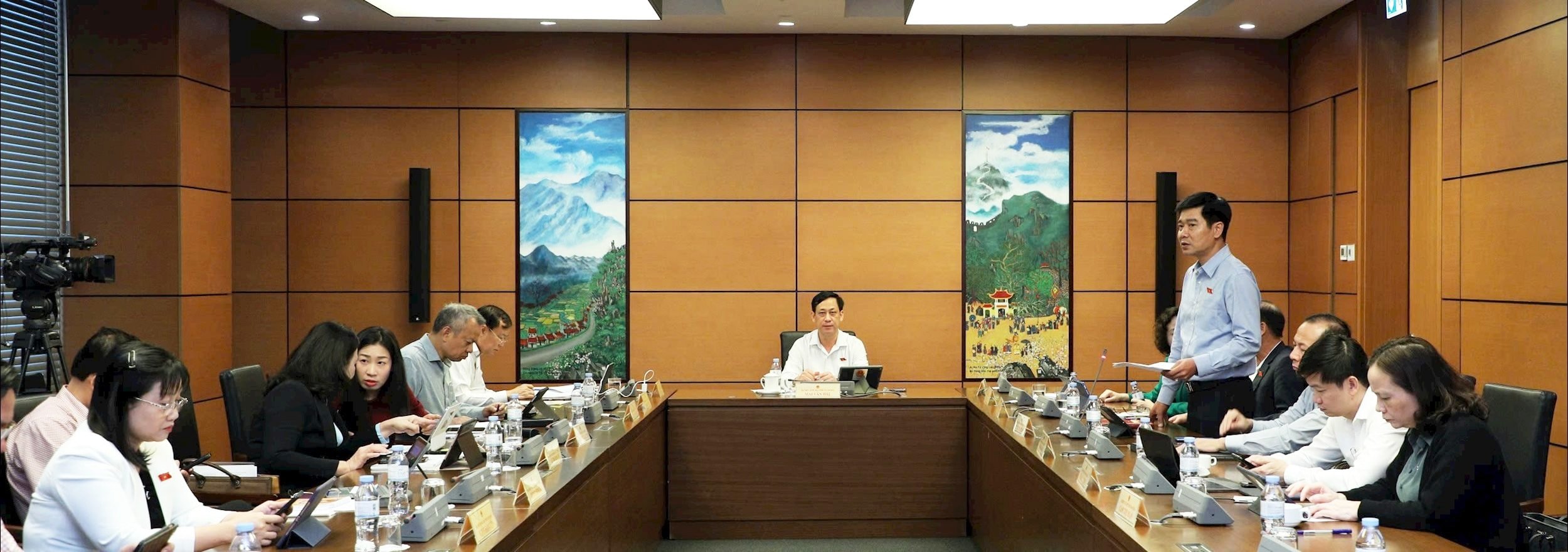
Delegates speak at the group discussion. Photo: Khanh Duy
In addition, delegates also said that the draft law needs to add provisions on prohibited acts for criminals using artificial intelligence (AI) tools to create, edit, and spread video clips, images, or fake voices and sounds for the purpose of slander, defamation, false information, and infringement of the rights and legitimate interests of people.
Because, in reality, criminals have used AI tools to create clips and carry out fraudulent tricks. Statistics in the first months of 2025 show that an estimated 1,500 cases occurred, with a loss of over 1,660 billion VND. This situation occurs a lot, especially targeting the most vulnerable subjects such as young people, the elderly, or the disadvantaged in society. Therefore, there needs to be a specific and clear prohibition on the use of this technology for criminal purposes.
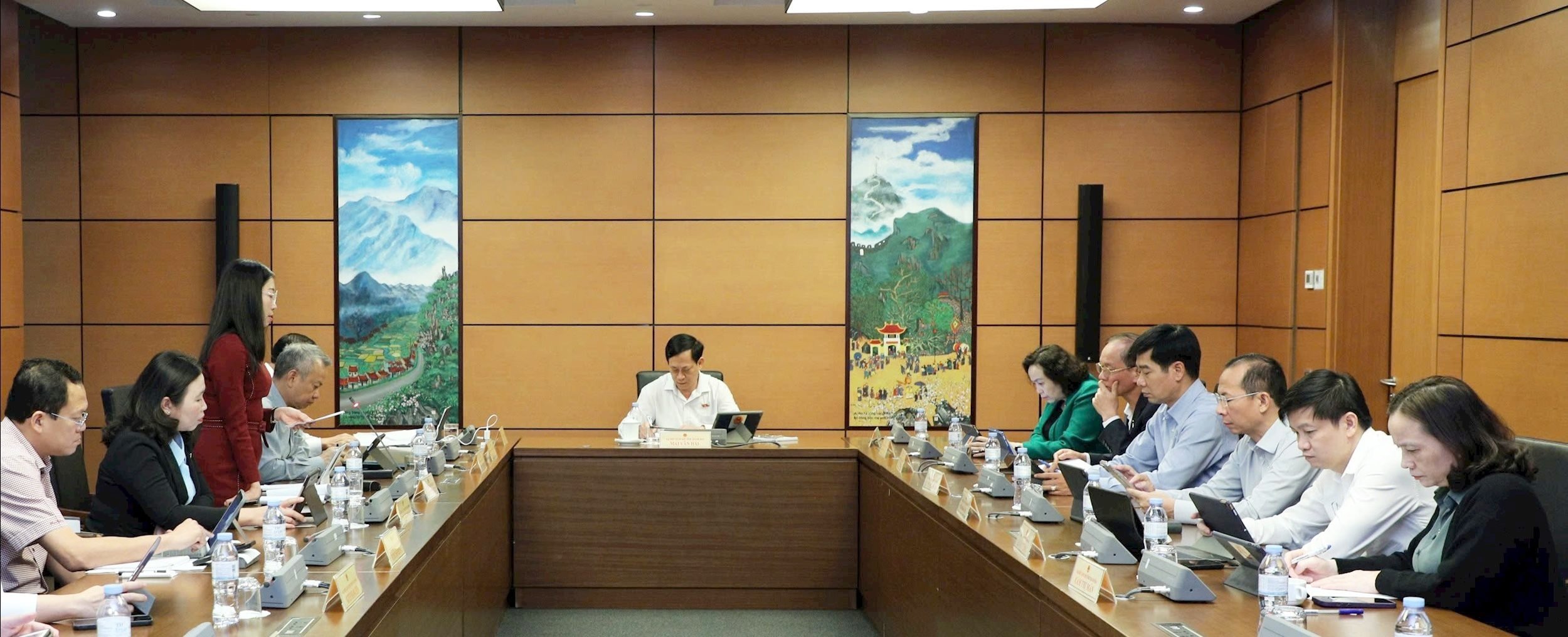
Delegates speak at the group discussion session. Photo: Khanh Duy
Supplementing policies to attract high-quality human resources
Concerned about the State's policy regulations on cyber security issues stipulated in Article 4, National Assembly Deputy Mai Van Hai (Thanh Hoa) said that, in addition to the 6 policies stipulated in the draft, the draft law needs to stipulate additional policies to attract high-quality human resources specializing in cyber security issues. Because in reality, this field is very difficult, requiring high-quality human resources to be able to undertake the task. Therefore, there needs to be a policy to attract and train specialized human resources to protect cyber security to perform well the tasks in practice.
Commenting on this draft law, National Assembly Deputy Huynh Thanh Phuong (Tay Ninh) proposed adding Clause 10, Article 17: Organizations and enterprises providing social networking services and cross-border platforms are responsible for proactively detecting, removing, and blocking information that violates Vietnamese law within a maximum period of 24 hours from the request of a competent authority; must have a legal representative in Vietnam responsible for the content displayed to Vietnamese users.
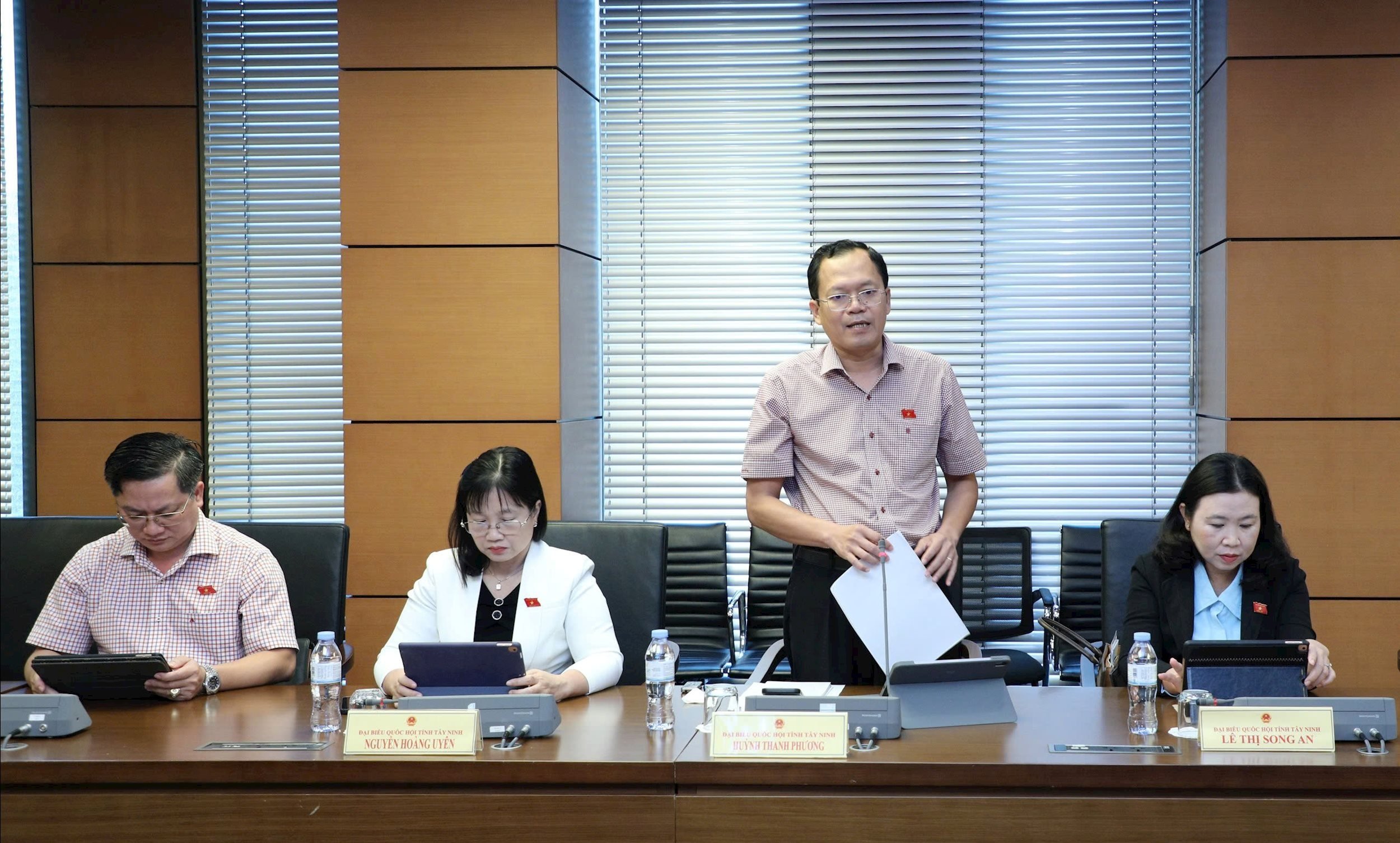
National Assembly Delegate Huynh Thanh Phuong (Tay Ninh) speaks. Photo: Khanh Duy
According to delegates, the provisions in the draft do not clearly define the obligations of “cross-border platforms”. Specific legalization will help improve the effectiveness of managing harmful information; at the same time, it is consistent with the new International Convention on Cybercrime (Hanoi Convention 2025).
In addition, delegate Huynh Thanh Phuong also proposed to amend Clause 5, Article 21 to: The Government establishes a National Cyber Security Response Center with the authority to coordinate response and remediation activities for network incidents nationwide; has the right to request enterprises, agencies and organizations to provide information and temporarily suspend information system operations when dangerous cybersecurity situations occur.
According to the delegate, the Draft currently stops at “incident response” (Article 6, Point d), but there is no unified coordination mechanism. This proposal helps to form an agency equivalent to a national CERT, creating a clear legal basis for managing cyber crises. Clause 5 as draft stipulates the authority of the Government.
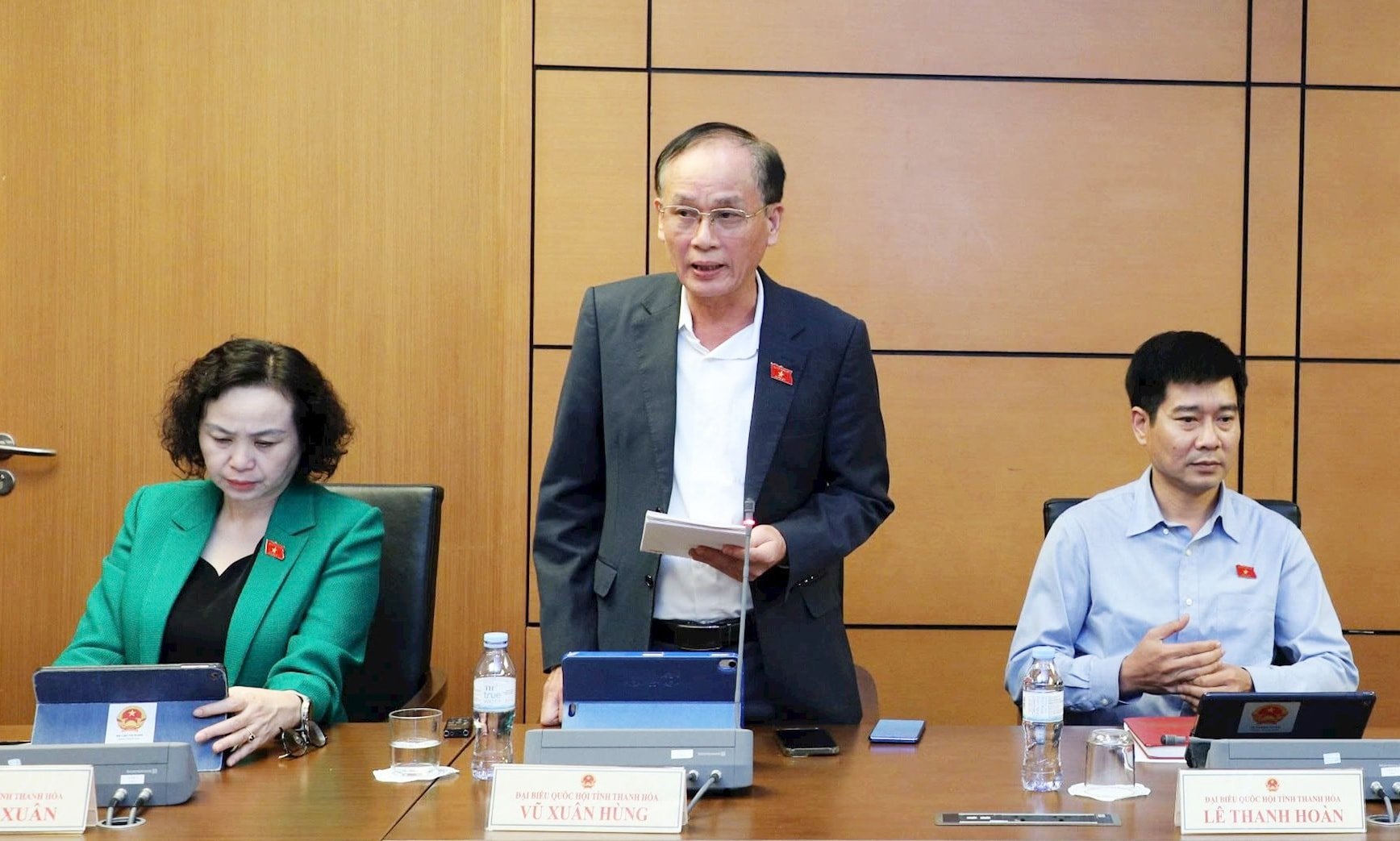
National Assembly Deputy Vu Xuan Hung (Thanh Hoa) speaks. Photo: Khanh Duy
During the group discussion, National Assembly member Vu Xuan Hung (Thanh Hoa) raised concerns about some phrases and terms such as "military information" that are being scattered in many laws. This is the inheritance of the 2018 Law on Cyber Security. However, National Assembly members said that the current use of this phrase is inappropriate and does not fully reflect the functions and tasks of the Ministry of National Defense. Therefore, the Drafting Committee needs to study and revise it to the scope of information management of the National Defense sector to be consistent with reality. In addition, the Drafting Committee also needs to study and review the contents of regulations on the responsibilities of ministries and branches in the direction of assigning the Government to specify details in sub-law documents to be consistent with the spirit of Resolution No. 66 on innovation in law-making and enforcement.
Source: https://daibieunhandan.vn/quy-dinh-chat-hon-cac-hanh-vi-bi-cam-trong-luat-an-ninh-mang-10393870.html








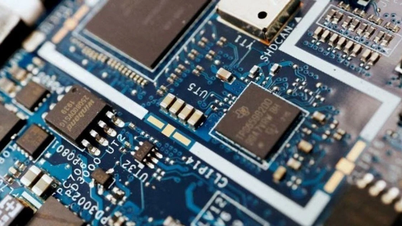

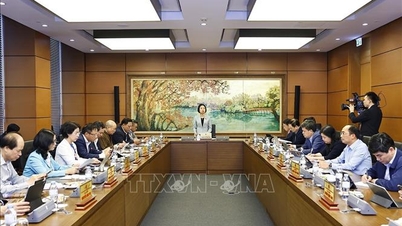

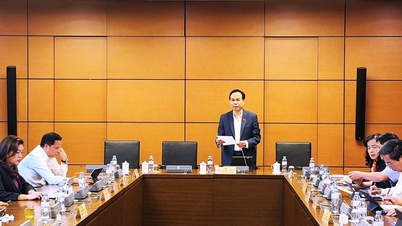
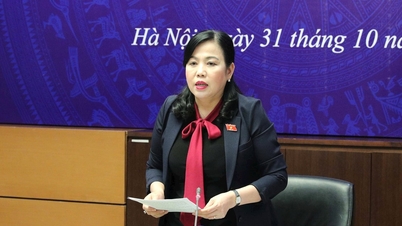
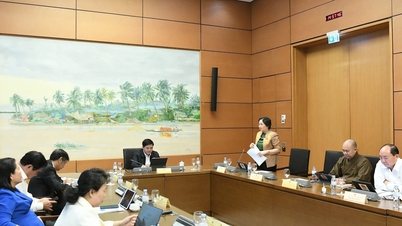
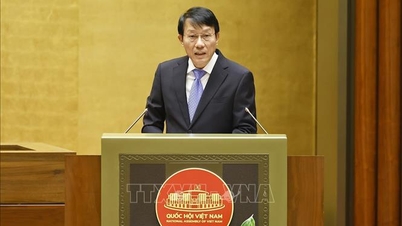
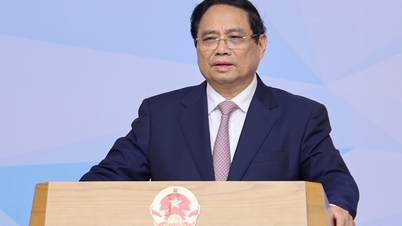

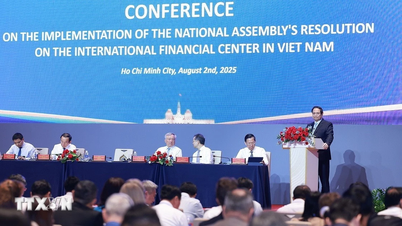
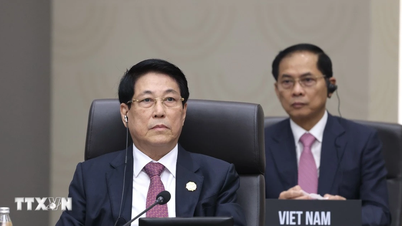
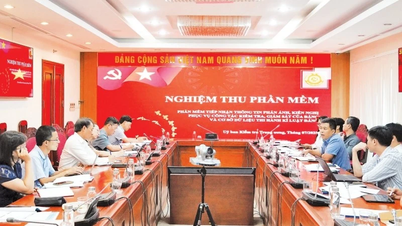

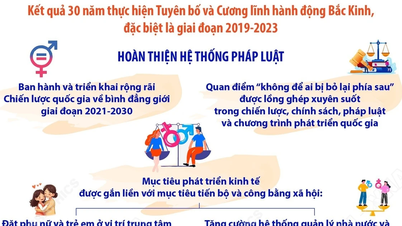






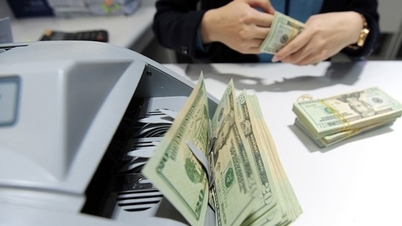
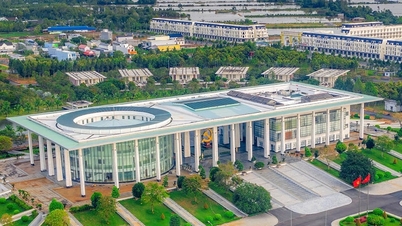
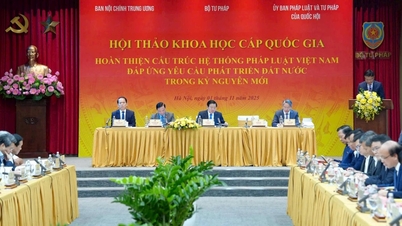
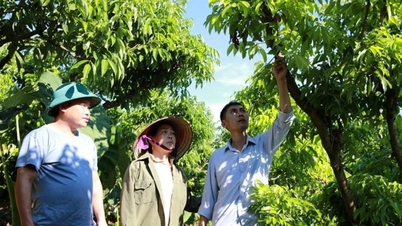
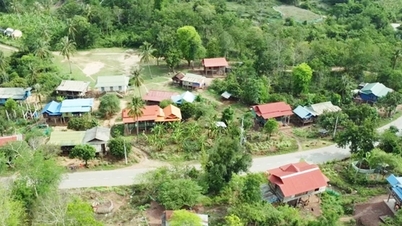

































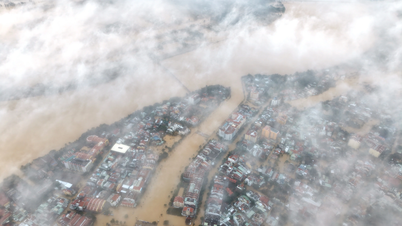


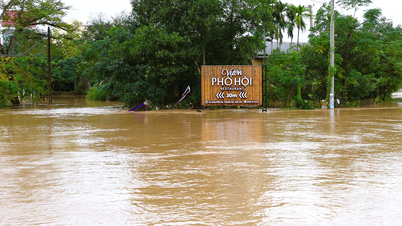
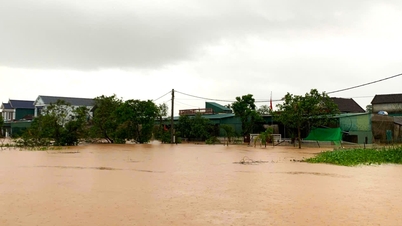


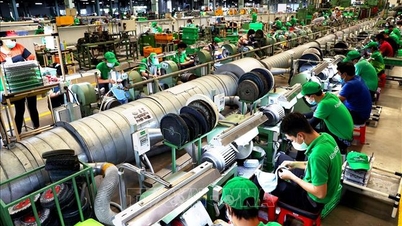
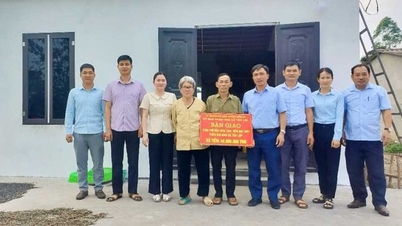







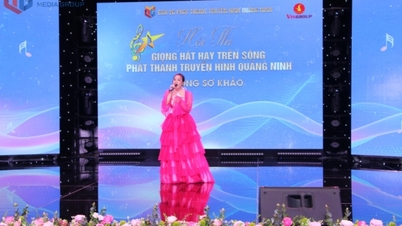

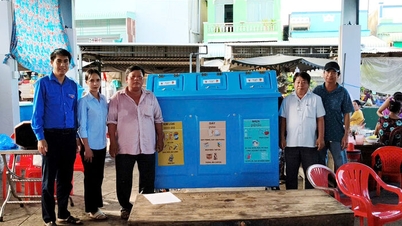

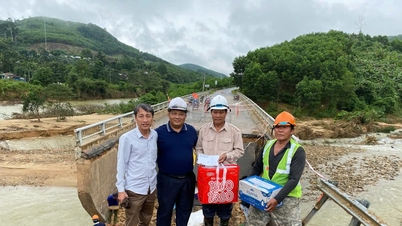





















Comment (0)